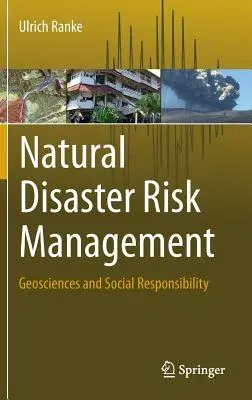Ulrich Ranke
(Author)Natural Disaster Risk Management: Geosciences and Social ResponsibilityHardcover, 30 September 2015

Qty
1
Turbo
Ships in 2 - 3 days
In Stock
Free Delivery
Cash on Delivery
15 Days
Free Returns
Secure Checkout

Print Length
514 pages
Language
English
Publisher
Springer
Date Published
30 Sep 2015
ISBN-10
3319206745
ISBN-13
9783319206745
Description
Product Details
Author:
Book Format:
Hardcover
Country of Origin:
NL
Date Published:
30 September 2015
Dimensions:
23.39 x
15.6 x
3.02 cm
ISBN-10:
3319206745
ISBN-13:
9783319206745
Language:
English
Location:
Cham
Pages:
514
Publisher:
Weight:
920.79 gm